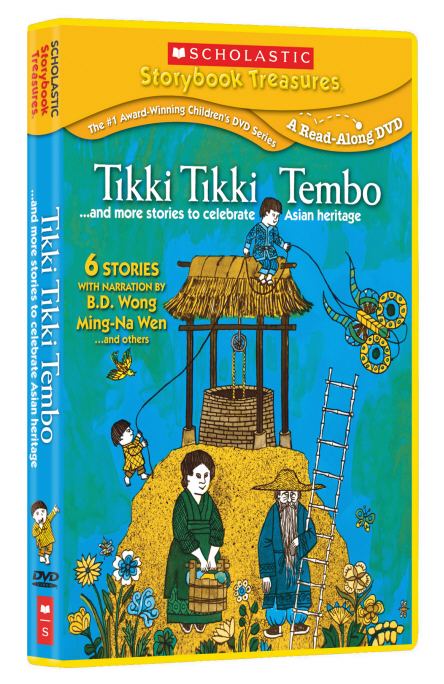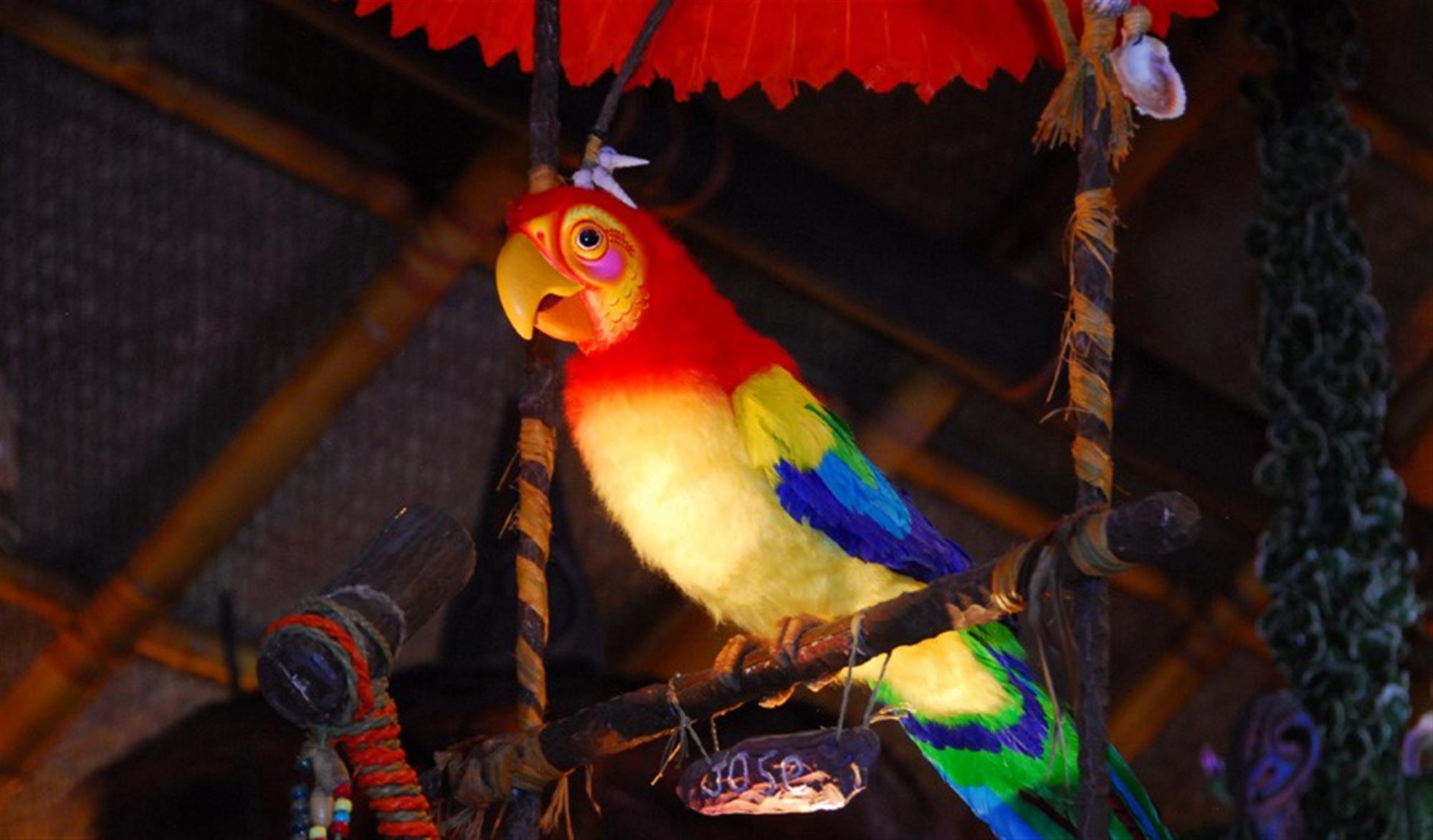

The 2010 song "Wildstyle Method" by Bassnectar says Tikki Tikki Tembo's full name during certain parts of the song.A song by Welsh group Anweledig on their 2004 EP Byw is titled "Tikki Tikki Tembo" and tells some of the story.The 2003 Christmas decorations at the White House included a depiction of a scene from Tikki Tikki Tembo.

#TIKKI TIKKI TEMBO BASSNECTAR PRO#
It is possible that a recorded 1941 version of a similar story (although avoided drowning) called "Long-Name-No-Can-Say" with a fat elder brother named "Nicki Nicki Tembo No So Rembo Oo Ma Moochi Gamma Gamma Goochi" was the first to change it to a Chinese setting.Ī similar story is told in the American folksong "(Eddie Kucha Kacha Kama Tosa Nara Tosa Noma) Sama Kama Wacky Brown" recorded in 1960 by the Brothers Four on their eponymous first album the title character "fell into the deep, dark well" and drowned.Ī story published in 1961 by Golden Press, called "The Little Boy With the Long Name", featured an older brother named "Sticky Sticky Stumbo Nos E Rumbo E Pro Pennyo Hara Bara Brisko Nicky Prom Po Nish No Mennyo Dumbricko". In 1924, the National Association of Junior Chautauquas published a book that contained a story by an anonymous author entitled "Tiki-Tiki-Tembo" the story concerned a boy "in old Japan" named "Tiki-tiki-tembo-no sa rembo-Hari bari broohski-Peri pen do-Hiki pon pom-Nichi no miano-Dom bori ko." Toward the end of the 1924 story, it is stated that after falling into the well, the title character "never grew up to be a fine Japanese man." A book published in 1968 (the same year as Tikki Tikki Tembo) reprinted the 1924 version of the story.

The end of the story says that this is why the Chinese have short names. They get Tikki Tikki Tembo-no Sa Rembo-chari Bari Ruchi-pip Peri Pembo from the well, but because of the long time he was in the well, it takes longer for him to recover. After Chang breathlessly repeats his brother's predicament the Old Man goes with Chang to save his brother from the well. Further, when Chang tries to wake him up, the Old Man with the Ladder-annoyed-tries to fall back asleep. Initially, the old man does not respond because he is asleep. Chang goes to the Old Man with the Ladder. He tries repeatedly until finally his mother tells Chang to get the Old Man with the Ladder. His mother insists that he repeat the name-but with respect. However, because Chang is out of breath from running he sputters and then mispronounces the name. Chang runs to their mother and tries to tell her that "Tikki Tikki Tembo-no Sa Rembo-chari Bari Ruchi-pip Peri Pembo has fallen into the well." At first she cannot hear him so he says it again. Some time later, the boys are again playing near the well. Chang is rescued and then recovers quickly. Their mother tells him to get the Old Man with the Ladder. Chang falls in the well and his older brother runs to their mother and tells her Chang has fallen down the well. A boy named Tikki Tikki Tembo-no Sa Rembo-chari Bari Ruchi-pip Peri Pembo ("The Most Wonderful Thing in the Whole Wide World") and his little brother Chang ("Little or Nothing") are playing very close to a well at their house that their mother has warned them to avoid. Tikki Tikki Tembo is set in ancient China and invents an ancient Chinese custom whereby parents honor their first-born sons with long, elaborate names that everyone is obliged to say completely – no nicknames, no shortening of any kind – while second-born sons are typically given short, unimportant names.


 0 kommentar(er)
0 kommentar(er)
